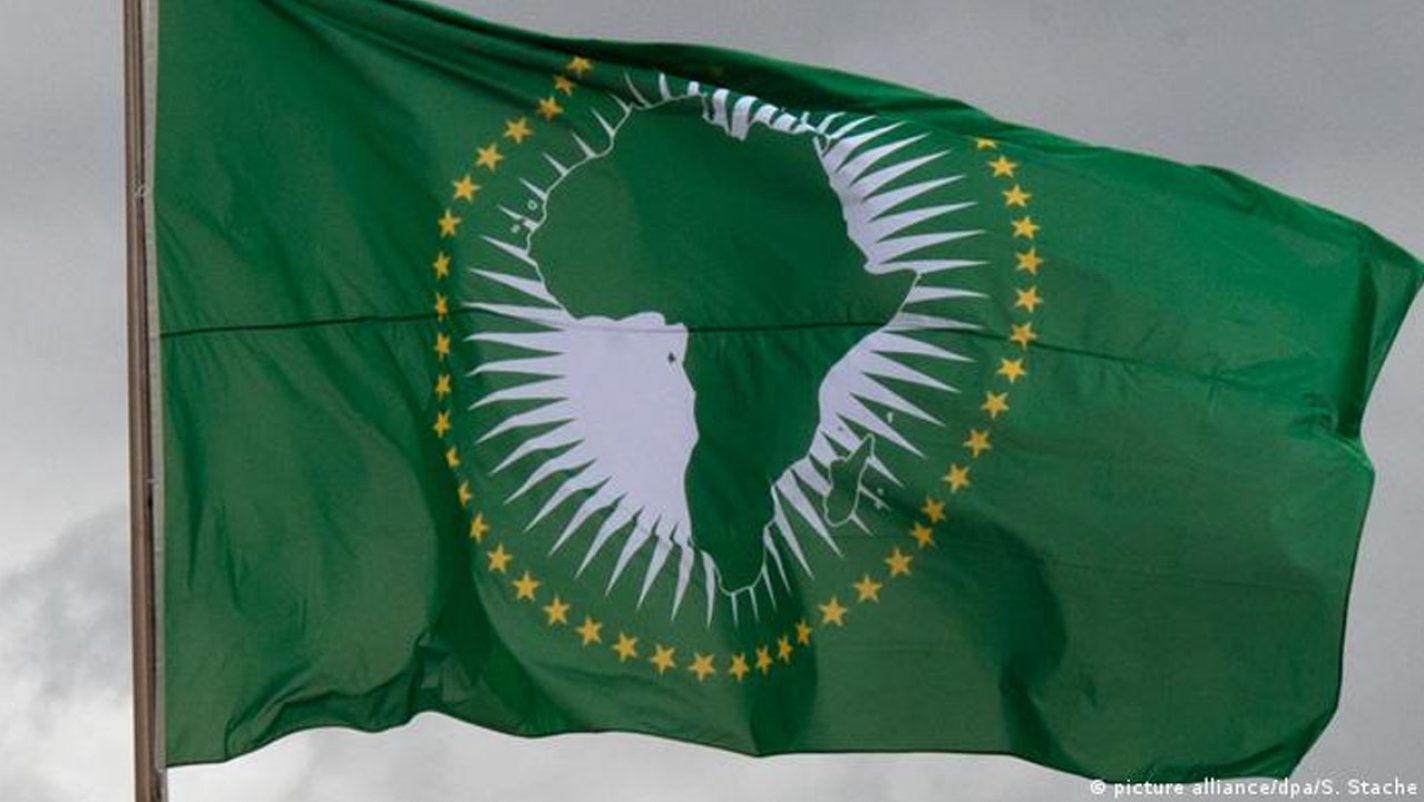CURRENT AFFAIRS UNIT, RADIO KWARA, ILORIN
PROGRAMME: NEWS COMMENTARY
DATE OF BROADCAST: 29/8/89 AT 1810 HOURS
WRITER: LANRE KAWU
African Heads of State, members of the OAU Ad-Hoc Committee on Southern Africa, have last week held a meeting in Harare, the Zimbabwean Capital. It was set up, to examine a framework for a negotiated solution to the problems of apartheid in South Africa, The Heads of States examined and later endorsed a position paper prepared by the African National Congress (ANC), the premier liberation movement in South Africa. The ANC document stressed that there could not be a peaceful resolution of the South African problem, if certain basic demands are not met the regime.
These demands included the lifting of the State of Emergency, withdrawal of the troops from the townships, an ending to political trials and executions, as well as the unbanning of the people’s organisations, coupled with the release from prisons of the authentic leaders of the people in South Africa. The platform adopted in Harare was a very realistic one, which could certainly break the logjam of the South African process. Hoe De Klerk would react to the initiative cannot be exactly predicted. But his track record as a staunch defender of the White minority privileges, are very clear indeed.
As the Whites-only elections get nearer, his position became even more ambiguous, given his vulnerability from the Conservative Party, to his right, and the Democratic Party, to his left. But it is also clear that apartheid cannot be maintained as it is, forever. According to the latest statistics, South Africa’s economy registered average negative growth per year, throughout the 1980s. While 25 cents in a Rand, has to be spent in the maintenance of apartheid structures.
Another meeting was held in Harare, the following day, to examine the Angolan Peace Initiative, after the dramatic handshake at Gbadolite, in June. There had been threats of a breakdown in the process, as the UNITA bandits repeatedly broke the ceasefire declared at Gbadolite. The Angolan peace initiative has direct consequences for the Namibian process and UN Resolution 435. If the Angolan process breaks down, it would slow down the withdrawal of the Cuban troops, and the South African regime would find justification, to stall Namibian Independence process.
At Harare, it was stressed that Angola would integrate UNITA into the national framework for reconstruction, while the notorious leader of the bandits, Jonas Savimbi, who over the years, has done the biddings of the Portugese Fascists, the South African racists, and the American Imperialists. As it turned out, UNITA has rejected the whole framework for Peace in Angola and pledged to resume hostilities in the country. At the moment, UNITA does not enjoy the same patronage in Washington, as it did in the days of the Reagan administration. While Savimbi’s staunchest supporter within Africa, President Mobutu Sese Seko, has gone along with the other African leaders who met this week in Harare.
Savimbi might just be playing Russian roulette by attempting to restart the warfare in the country. His bandit outfit is clearly no match for the Angolan national army, without South African backing that it has received over the years. Southern Africa retains its reputation of being an arena of complicated developments. It is a region of hope, of sorrow, of development, of transitions. This outgoing week, has confirmed this assessment to the fullest.


